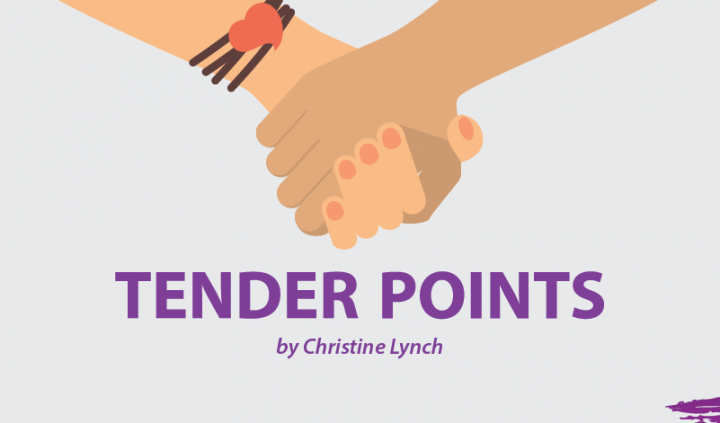If you believe that fibromyalgia is just about pain, I’m here to tell you that you’re wrong. Yes, pain is a massive part of this illness. But, like the ocean, it ebbs and it flows. For me, at least, there are good days – or even weeks – pain-wise. Other times, my pain is overshadowed by a long list of other symptoms that happen to be more bothersome at that particular moment.
When listing their fibromyalgia symptoms, some people fail to mention anxiety or depression. I sometimes wonder whether it’s because they’re not affected by these mood disorders or whether they don’t recognize them as separate symptoms when they appear. It might be one of those chicken-or-egg dilemmas. Which came first? Am I depressed because I’m in pain and exhausted? Or am I in pain and exhausted because I’m depressed? For me, these symptoms often intertwine.
Thinking back, it wasn’t so many years ago that fibromyalgia was thought by some to be exclusively a psychological illness. For instance, in 2001, my insurance company suddenly stopped payments on my long-term disability claim that I filed in 1999. Upon protest, I was informed that my policy covered disability due to physical illness until retirement. However, mental illness was only covered for two years. My two years were over.
What mental illness? I was stunned! At that time, my pain and exhaustion were so severe that I needed a cane to help me walk – when I could walk at all. And they thought this was psychological?
My search for a disability attorney began the next day. Thus began the grueling process of appealing and ultimately filing a lawsuit to prove to a judge that fibromyalgia is indeed a physical illness. This horrific process lasted more than three years. The ordeal was so stressful that my symptoms were worse during that period than at any other time of my life. I’m pleased to report that I “won” the lawsuit by settlement. Sadly, my two attorneys earned more money from it than I did.
We’ve come a long way since then. Today, there is no doubt that fibromyalgia is a physical illness, the source of which is an overactive central nervous system (which now is called central sensitization). And symptoms commonly include anxiety and depression. The Mayo Clinic acknowledges that the disorder can be triggered by psychological events (as well as trauma, infection, or genetics), although it is not a psychological disorder.
I share this with you because I want to assure you that if you’re feeling “blue” or anxious today in addition to, or instead of, feeling pain, it’s all part of your illness. It doesn’t mean you’re crazy. It means you’re ill.
If you’re bothered by either anxiety or depression, I encourage you to seek help. Many people find relief with medications. Others, like me, cannot tolerate drugs but are helped by psychotherapy. Specifically, cognitive behavioral therapy has been my salvation for many years. It can be difficult to contemplate just how powerful the mind can be until you remember that psychosomatic illnesses are a result of negative thinking and placebo cures are the result of positive thinking.
Any thoughts you have about yourself and about your illness can have a tremendous effect on your suffering. Learning to change these thoughts can radically improve your life and your pain. A skilled therapist can help you to do exactly that.
***
Note: Fibromyalgia News Today is strictly a news and information website about the disease. It does not provide medical advice, diagnosis, or treatment. This content is not intended to be a substitute for professional medical advice, diagnosis, or treatment. Always seek the advice of your physician or other qualified health provider with any questions you may have regarding a medical condition. Never disregard professional medical advice or delay in seeking it because of something you have read on this website. The opinions expressed in this column are not those of Fibromyalgia News Today, or its parent company, BioNews Services, and are intended to spark discussion about issues pertaining to fibromyalgia.

